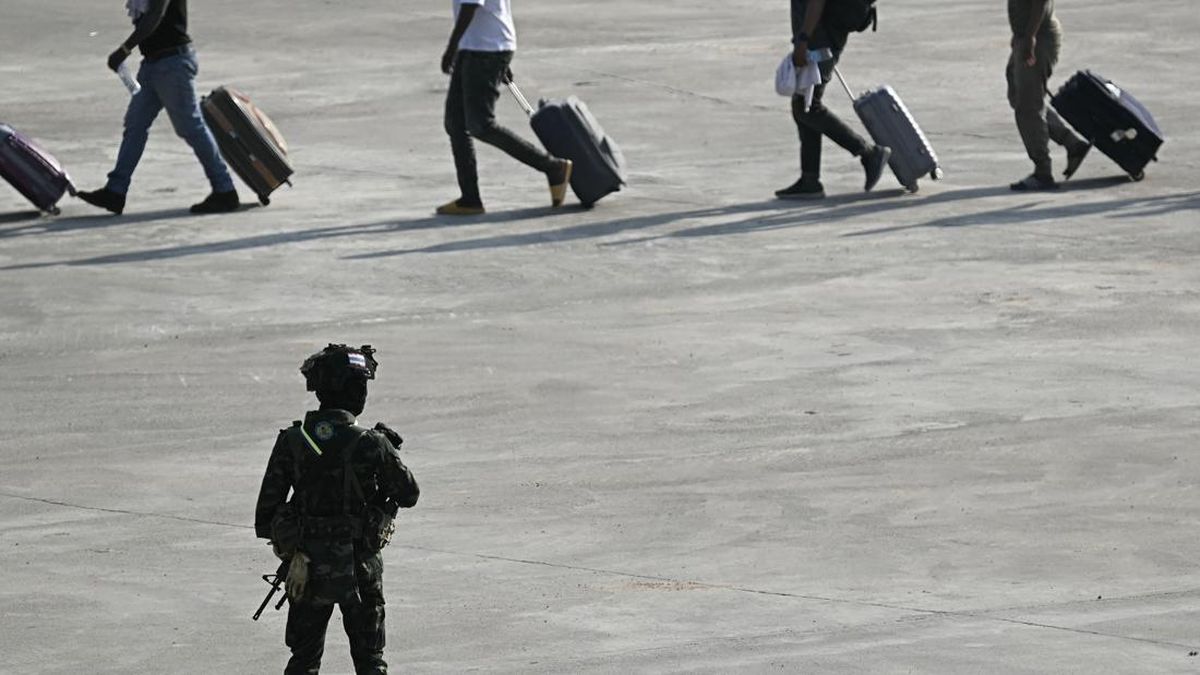Opinion
October 15, 2025 — 3.47pm
October 15, 2025 — 3.47pm
You’ve got to hand it to Stuart Broad. As far back as his decision not to walk when he nicked Ashton Agar to slip via Brad Haddin’s gloves at Trent Bridge in 2013, Broad has known how to wind up Australians.
His pantomime display in the aftermath of Jonny Bairstow’s stumping at Lord’s in 2023 was a showstopper, firing off spiky comments in all directions. “That’s all you’ll be remembered for,” was one choice dig at Australian wicketkeeper Alex Carey.

Stuart Broad has a talent for winding up Australians.Credit: Getty Images
In Australian minds, Broad is in danger of being remembered chiefly for his words, rather than for 604 Test wickets and quartet of Ashes series wins.
It’s one of those wins that Broad used as a catalyst overnight for his latest effort at Aussie-baiting. The 2010-11 Ashes is widely seen as the high-water mark for the England team then led by Andrew Strauss. A 3-1 triumph over Australia was made even greater by the fact that each victory came by an innings margin.
Since then, England have failed to win a single Test match, let alone a series, in Australia. They were so bedraggled by a combination of Pat Cummins’ team and COVID-19 complications in 2021-22 that Broad conveniently considered the series “null and void”.
But for Broad to say that Cummins’ men are the worst combination since Ricky Ponting’s vanquished team of 15 years ago was a champagne bit of banter.
Of course, there was an element of truth to the observation. Broad could recall that in 2010 Australia had doubts over the composition of their batting line-up, injuries among their bowlers and some trepidation about the quality of the English touring party. Doubt is swirling around the availability of captain Cummins for at least the first couple of matches of this series, and the identity of Usman Khawaja’s opening partner is a mystery.
But look any closer than the 30-odd seconds needed to view an Instagram reel, and the 2010-11 Ashes series had much more to it than Broad’s lines could capture.
I covered the 2010-11 summer and its aftermath, eventually writing a book about the period from 2007 to 2014 called Whitewash to Whitewash, bookended by Australia’s twin 5-0 sweeps of England on home soil.
Loading
By the time I finished interviewing a host of key figures in and around the team in 2010-11, the conclusion I reached was that the Australian side was so riven by disunity and doubt that 3-1 to England was about the minimum the touring team should have expected.
Ponting and his then deputy Michael Clarke had a truly dysfunctional relationship so far as the team’s direction was concerned. Clarke openly defied Ponting in team meetings during the tour of India that immediately preceded the Ashes, appalling multiple teammates and staff who were not entirely surprised that neither man would make runs in the Ashes.
“There was the opinion that they’re big boys and it’ll sort itself out, but what it ultimately showed is that it doesn’t and they don’t,” one staffer told me at the time. “You’ve got to sort it out and deal with it, and it wasn’t dealt with. It festered and it was a problem.”
The selection panel, newly bolstered with the inclusion of change agent Greg Chappell, was planning openly for the future but scared the horses, leaving players wracked with insecurity.
This was not entirely the selectors’ fault, as Cricket Australia’s commercial demands compelled them to name a Test squad much earlier than desired: its 17-man contingent served only to cloud the minds of the players. But dropping Nathan Hauritz, the team’s lead spinner for the previous two years, helped no one.
Loading
Injuries were also legion. While Mitchell Johnson struggled with his bowling action and his confidence, Ryan Harris was only fit for two of five Tests. Doug Bollinger huffed and puffed his way out of the series after getting injured in India in part because of the need to play in the T20 Champions League immediately before a Test series.
At the time, CA was fighting the athlete management battles that would lead to Cummins, Mitchell Starc and Josh Hazlewood breaking longevity records for fast bowlers, but they weren’t there yet.
Most damaging, though, was a torn Achilles for Simon Katich, the best-performed batter of the previous two years. Invalided out of the series as Australia went 1-0 down in Adelaide, Katich’s absence robbed the team of batting solidity and a burgeoning union at the top of the order with Shane Watson.
Loading
This would have been most useful on Boxing Day, when England bowled first on a seaming surface, and capitalised on the Australian team’s disunity and instability by rolling them for a measly 98 on the biggest day of the cricket calendar.
Should England somehow get the benefit of similar circumstances this summer, they really should win. But it has to be said that the latest Broadside is, like much else that he says, a great vibe only loosely rooted in fact.
News, results and expert analysis from the weekend of sport are sent every Monday. Sign up for our Sport newsletter.
Most Viewed in Sport
Loading


















































